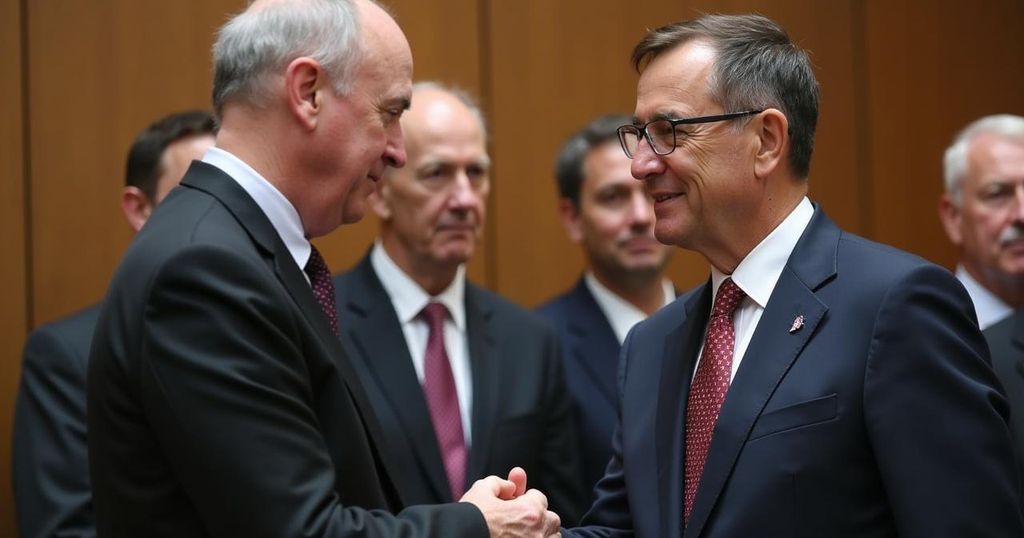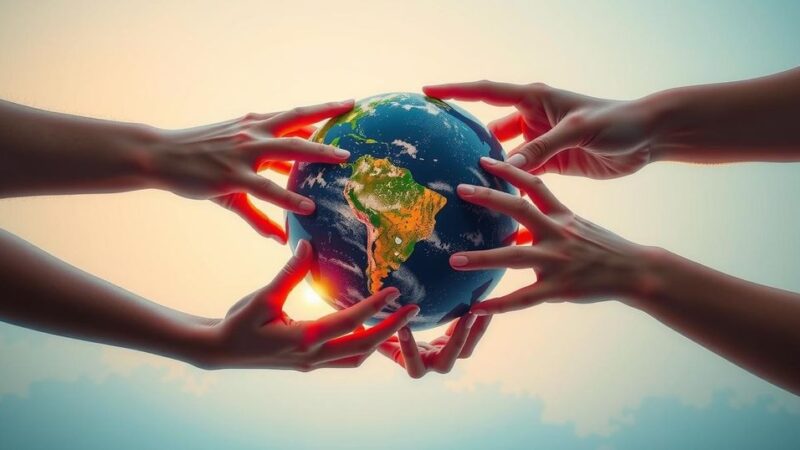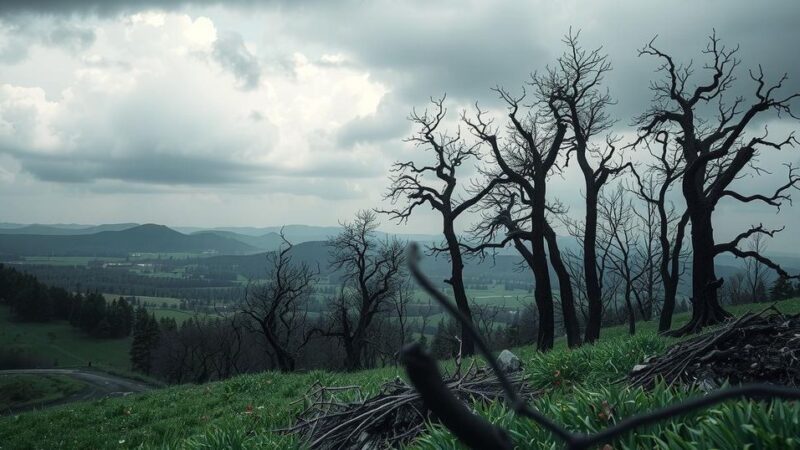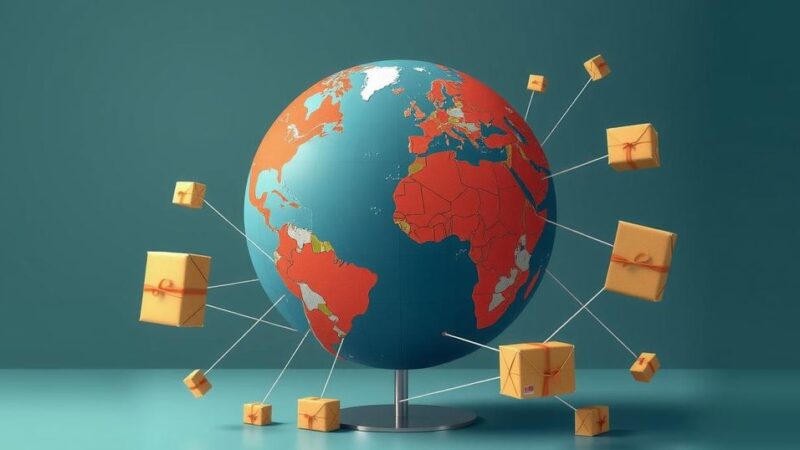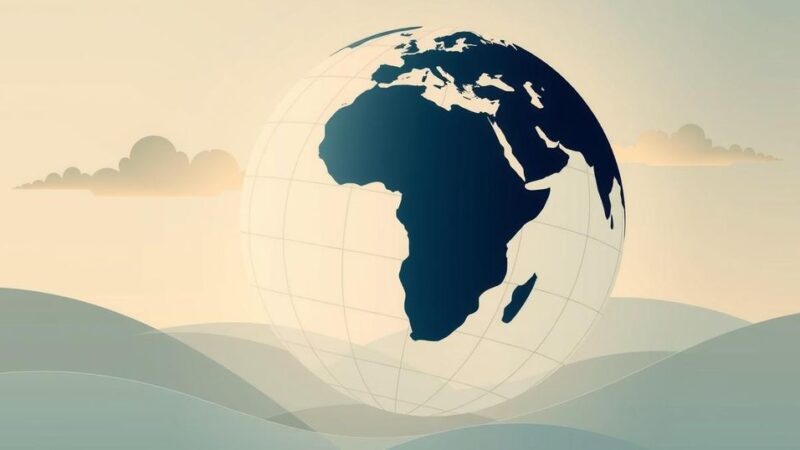Dutch Prime Minister Mark Rutte has offered an official apology to Indonesia for war crimes committed during the 1945-49 independence war, following a lengthy study revealing systematic and extreme violence by Dutch forces. The research, conducted by three historical institutes, contradicts the Dutch government’s previous stance that the violence was sporadic, highlighting the need for accountability for past injustices.
On Thursday, Dutch Prime Minister Mark Rutte publicly apologized for the atrocities committed by the Netherlands during Indonesia’s struggle for independence between 1945 and 1949. This apology followed a comprehensive study conducted by three historical research institutes, which revealed that the Dutch military employed systematic and excessive violence in its efforts to maintain control over its former colony after World War II. The findings of the study starkly contradicted the longstanding belief held by the Dutch government that military actions were largely limited to isolated incidents. The extensive investigation, which spanned over four years, uncovered evidence that atrocities such as extrajudicial killings, torture, and destruction of property were not only pervasive but also premeditated. According to the researchers, “the use of extreme violence by the Dutch armed forces was not only widespread, but often deliberate, too,” asserting that there was a collective tolerance for these acts at all levels of government and military leadership. In his remarks, Prime Minister Rutte acknowledged not only the violence perpetrated during the conflict but also the failure of previous Dutch administrations to address these historical wrongs. He stated, “For the systematic and widespread extreme violence from the Dutch side in those years and the consistent looking the other way by previous governments, I apologize deeply to the people of Indonesia.” Rutte emphasized the necessity of confronting these findings, which he described as “harsh, but unavoidable,” and assumed full responsibility for the collective failures of the past. This recent acknowledgment marks a significant moment in Dutch-Indonesian relations, representing the first official recognition by the Netherlands of a deliberate campaign of violence during the independence war. Previous apologies by Dutch officials, including King Willem-Alexander in 2020 and Foreign Minister Bert Koenders in 2016, focused on specific incidents rather than an overarching systemic issue.
The Netherlands’ relationship with Indonesia has been historically complicated, especially in light of Indonesia’s fight for independence following World War II. The conflict, which lasted from 1945 to 1949, was characterized by significant violence and repression by Dutch forces, as the Netherlands sought to re-establish control over its former colony. Despite occasional admissions of specific atrocities, such as the 1947 massacre of Indonesian villagers, the broader narrative maintained by the Dutch government portrayed military actions as largely justifiable. The recent findings from a comprehensive study have prompted a reevaluation of this narrative, indicating that a pattern of systematic violence was employed, necessitating an official apology from the Dutch leadership.
In summary, the Dutch government’s recent apology for the war crimes committed in Indonesia during the war of independence represents a critical acknowledgment of historical injustices. The findings from the extensive investigation illuminate the systematic nature of the violence perpetrated by Dutch troops, challenging long-held perceptions of the conflict. Prime Minister Rutte’s statement underscores a commitment to confronting this past and marks a pivotal moment in the ongoing dialogue between the Netherlands and Indonesia regarding their shared history.
Original Source: www.newsfirst.lk
